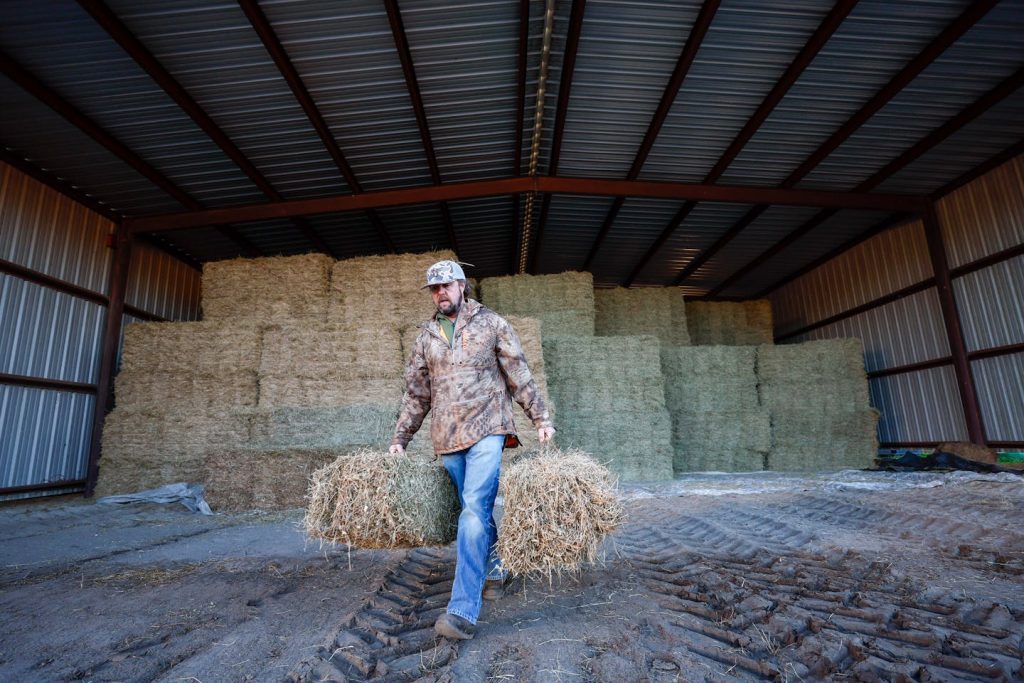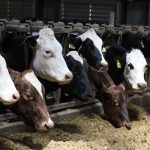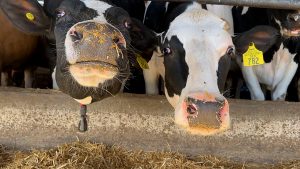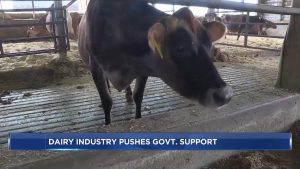I come from a long line of farmers. I am a journalist, but I also am a farmer. My husband and I operated a dairy farm for 30 years here in central Minnesota. I averaged six hours a day, seven days a week in the barns feeding calves, cleaning pens, washing up the milk house and milking parlor after milking twice a day, and many times helped my husband deliver a calf at 2 a.m.
We downsized to raising steers several years ago, and so my husband has decreased his crop acreage to correspond to the lower feed needs of steers compared to dairy cows. But we are still farmers.
I grew up with parents who were farmers and who also received a daily newspaper and weekly papers and magazines. The radio was on all day long in the house and the barn; my parents kept up with the news even as they milked cows and cleaned barns. They were informed and they never missed voting in an election. They were staunchly Democrat, in line with the mantra of Minnesota Democratic-Farmer-Labor Party, although I suspect a part of their Democratic fervor came from their admiration of President Franklin Roosevelt, who not only got the country out of the Great Depression but repealed Prohibition — two feats that elevated him to near-sainthood in their eyes.
























